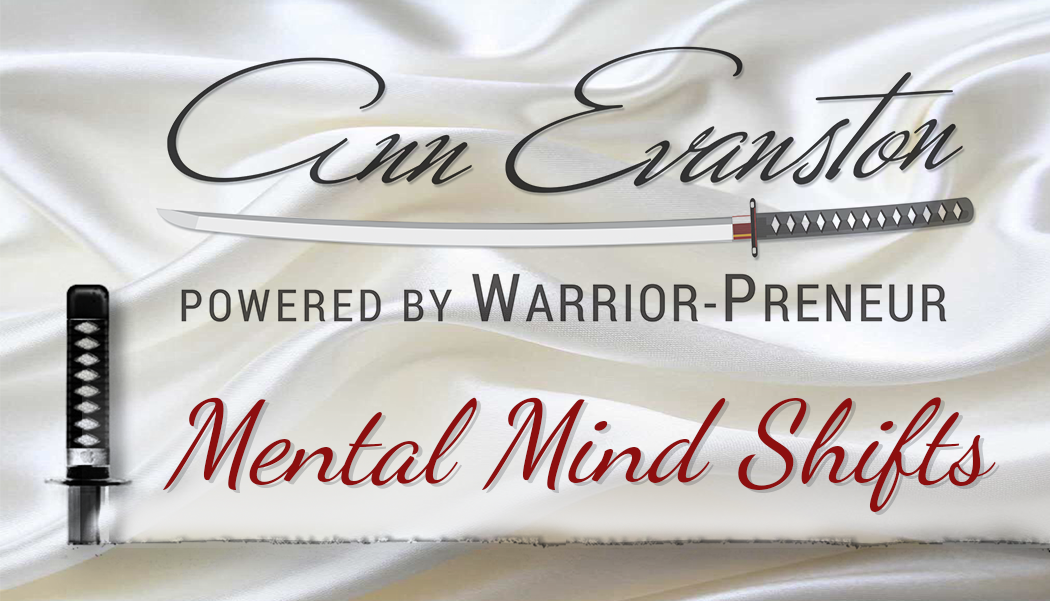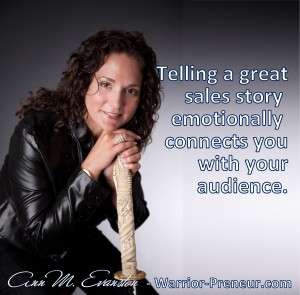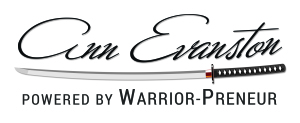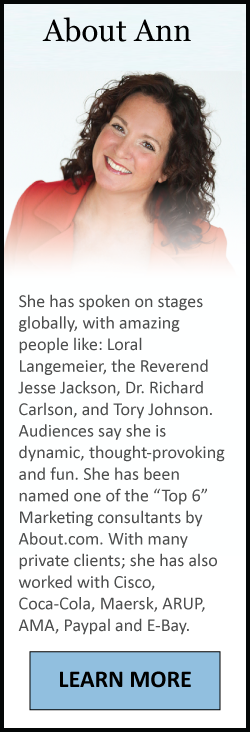by Ann Evanston | Aug 28, 2014 | Speaking Strategy
 True authenticity means that you are the same person in your professional life as you are in your personal life. Think about someone you have seen speak. Someone you truly admire as you watch and listen to them on stage. Now imagine, if you got to “be a fly on the wall” and see how they act in their private life, and it was completely different than what you saw on stage. How would you feel about them afterwards?
True authenticity means that you are the same person in your professional life as you are in your personal life. Think about someone you have seen speak. Someone you truly admire as you watch and listen to them on stage. Now imagine, if you got to “be a fly on the wall” and see how they act in their private life, and it was completely different than what you saw on stage. How would you feel about them afterwards?
True authenticity has nothing to do with sharing everything about your life. Somewhere people think being on social media means you have to share everything to be authentic! HUH? If you are an authentically open person then you may share more than somebody who is authentically a private person. But consistency in that, personally and professionally, is the key. If you are direct and honest in your private life you are direct and honest in your professional life. If you swear, like I do, you do it in both arenas of your life.
Yes I said that, I swear! I’m sure you guys have heard me say several swear words over the years, LOL.
But what’s the point? Too often I hear coaches say that you do not have to share your private life to be authentic. They’re absolutely correct. But what they are leaving out is that authenticity means being the same in your personal life, your private life, your public life, and your business life.
I often talk with clients about the dirty P word. The P word is “professional.” Too often I see clients put on this “professional” hat when doing marketing or sales and their personality and energy changes. That’s inauthentic. Then they wonder why it’s not working. Well, there’s a disconnect and people can feel that.
If you are sassy, be sassy in your business. It’s authentic to who you are. Your tribe will be attracted and you will sell more.

by Ann Evanston | Aug 25, 2014 | Mental Mind Shifts
Stop waiting – GO FOR IT! Learn as you go instead of waiting for perfection.
If you enjoyed this video blog, can you do me a HUGE favor? Will you please share it on Facebook or twitter? That is how we spread the entrepreneur love! Thank you!
by Ann Evanston | Aug 21, 2014 | Speaking Strategy
 I believe it is essential to strategize the 2 types of stories in your presentation. That is why it is the first step in my Compel. Speak. Sell. MasterMind.
I believe it is essential to strategize the 2 types of stories in your presentation. That is why it is the first step in my Compel. Speak. Sell. MasterMind.
There are actually two strategies for storytelling that are important to consider. These storytelling strategies are:
1. Marketing stories
2. Sales stories.
A marketing story is about why you. When you build a marketing story it’s to help your audience understand who you are, why you teach this information and why you are capable of delivering what you sell.
A sales story is about why them. A sales story is to help the audience see, through your story, that you understand their journey. That you can relate to the big hairy mess they are struggling with. That you are real and human and have flaws and make mistakes just like them.
What I find is that most new speakers, if they focus on storytelling at all, do marketing storytelling. They tell stories about how they got started doing what they’re doing, or how they got their degrees or certifications. They even tell testimonial stories, which again are marketing stories: they tell the potential buyer why the speaker is credible. Most forget though that people buy because you understand why them.
Sales stories are a bit harder but they are what get potential buyers to dig out their credit cards! LOL What I mean is; now they are connected emotionally and are ready to buy. That is very powerful. Most speakers are comfortable with marketing stories. They’re comfortable sharing why they do what they do, and why someone would want to do business with them.
Challenge yourself to think about how you can tell a story that is human and relatable. A story that makes your audience say: “Oh you know me. Were you in my house last night? Were you at my office yesterday?” These types of stories will have a powerful and profound effect on your presentation. Telling a great sales story emotionally connects them to you and creates a powerful bond. Where do stories come from? The stories come from your life and your passions. You want to connect with people on a real and human level. Think about how you use these 2 types of stories when you speak!

by Ann Evanston | Aug 18, 2014 | Mental Mind Shifts
Stay focused on your own stuff. Don’t let social media lead you away from what you need to be doing.
If you enjoyed this video blog, can you do me a HUGE favor? Will you please share it on Facebook or twitter? That is how we spread the entrepreneur love! Thank you!
by Ann Evanston | Aug 14, 2014 | Speaking Strategy, Testimonials
Building a compelling offer can be a challenge. I share with my clients strategies to organize knowledge, to speak, to sell, and the importance of storytelling. A common question I am asked is: “What about stories that are testimonials, Ann?”
Testimonials are great stories, absolutely. Sharing a client’s experience is a great thing! Beware though! If these are the only stories you tell, it could come off as bragging. Now, I think that many people need to brag a little bit more. However testimonial stories are often more appropriate in your sales funnel, on your website, and in your social media.
One testimonial story can be very powerful if used strategically when you speak. It’s the other stories, the personal stories that will create the vulnerability you want to help your buyers make a choice. Testimonial stories don’t do that.
The funny thing is I see “new speakers on the scene” try the testimonial path. They load their presentations with client stories. And initially they have great success. Eventually though the sales fall off. They struggle to close more people when they speak. And they’re not sure what happened.
See, after a while we’ve heard it before. We know that you have people you create success for. Heck, many times those stories all sounds the same…no matter who is on the stage! If I want to buy from you I need to know why you can help me. I want to hear a story about how you understand my needs. My struggles. My challenges.
When building a compelling offer think about personal stories you can tell that help them understand why you are the one they want to work with. That can be much more powerful than just a testimonial.
 True authenticity means that you are the same person in your professional life as you are in your personal life. Think about someone you have seen speak. Someone you truly admire as you watch and listen to them on stage. Now imagine, if you got to “be a fly on the wall” and see how they act in their private life, and it was completely different than what you saw on stage. How would you feel about them afterwards?
True authenticity means that you are the same person in your professional life as you are in your personal life. Think about someone you have seen speak. Someone you truly admire as you watch and listen to them on stage. Now imagine, if you got to “be a fly on the wall” and see how they act in their private life, and it was completely different than what you saw on stage. How would you feel about them afterwards?


